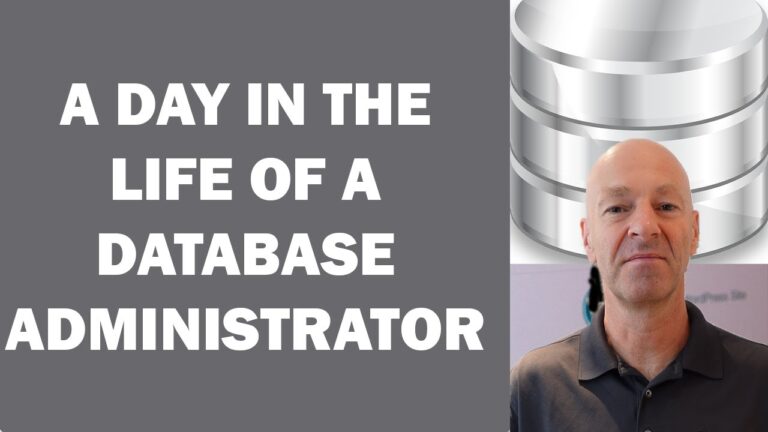Pharmacy Technician: Job Description and Salary

Pharmacy Technician Job Description Template
Pharmacy Technician Job Description A pharmacy technician plays a crucial role in the healthcare industry by assisting pharmacists in dispensing medications to patients. They work in various settings, including retail pharmacies, hospitals, and pharmaceutical companies. Pharmacy technicians are responsible for receiving and verifying prescriptions, counting and measuring medication doses, and preparing prescription labels. They also ensure that the medications are properly stored and organized, following safety regulations. Accuracy and attention to detail are essential qualities for a pharmacy technician, as they must accurately measure and dispense medications. In addition to dispensing medications, pharmacy technicians provide customer service to patients. They answer questions about medications, provide information on dosage instructions, and assist with insurance claims and payment processing. They may also advise patients on over-the-counter medications and health supplements. Furthermore, pharmacy technicians play a crucial role in managing inventory and ordering medications. They monitor stock levels, check expiration dates, and assist in the proper disposal of expired or damaged medications. They also help in maintaining accurate records of medications and patient profiles. Pharmacy technicians must possess good communication skills, as they need to interact with pharmacists, healthcare professionals, and patients on a daily basis. They should also have a strong understanding of medical terminology and knowledge of different medications and their uses. Overall, pharmacy technicians are valuable members of the healthcare team who ensure the safe and efficient delivery of medications to patients. Their role is critical in supporting pharmacists and providing quality care to individuals in need of medication assistance.Pharmacy Technician Responsibilities
Pharmacy Technician Requirements
How Much Does A Pharmacy Technician Make?
Pharmacy Technician Salary
| State | Hourly Salary | Annual Salary |
|---|---|---|
| Alabama | $15.25 | $31,720 |
| California | $20.50 | $42,640 |
| Texas | $17.75 | $36,880 |
| New York | $18.90 | $39,320 |
| Florida | $16.80 | $34,960 |
Pharmacy Technicians play a crucial role in the healthcare industry. They assist pharmacists in dispensing medications and ensuring the accuracy and safety of prescriptions. The salary of a Pharmacy Technician may vary depending on factors such as location, experience, and qualifications. The table above provides an overview of the hourly and annual salaries for Pharmacy Technicians in select states. It is important to note that these figures are approximate and subject to change. Overall, Pharmacy Technicians can expect competitive salaries and opportunities for career growth in this field.
Pharmacy Technician Salaries by Country
Top Paying Countries for Pharmacy Technicians
| Country | Average Salary (USD) |
|---|---|
| United States | $34,000 – $51,000 |
| Canada | $28,000 – $41,000 |
| Switzerland | $41,000 – $56,000 |
| Australia | $36,000 – $48,000 |
| Netherlands | $30,000 – $42,000 |
A pharmacy technician’s salary can vary greatly depending on the country they work in. The table above shows the top paying countries for pharmacy technicians based on average salaries in USD. The United States offers the highest salary range of $34,000 to $51,000, followed by Canada with a range of $28,000 to $41,000. Switzerland, Australia, and the Netherlands also offer competitive salary ranges for pharmacy technicians. It’s important to note that these salary ranges can vary based on factors such as experience, education, and location within each country.
A video on the topic Pharmacy Technician
Video Source : PTCB Exam PrepInterview Questions for Pharmacy Technician
1. Can you tell me about your experience as a pharmacy technician?
As a pharmacy technician, I have worked for two years in a busy retail pharmacy. I have experience in prescription processing, medication dispensing, inventory management, and customer service.
2. How do you ensure the accuracy of prescription orders?
To ensure the accuracy of prescription orders, I carefully double-check the medication name, dosage, and quantity against the prescription. I also verify the patient’s information and consult with the pharmacist if there are any discrepancies.
3. How do you handle confidential patient information?
I understand the importance of patient confidentiality and adhere to HIPAA regulations. I handle patient information with utmost care and only share it with authorized individuals involved in the patient’s care.
4. What steps do you take to prevent medication errors?
To prevent medication errors, I always pay attention to detail and follow established protocols. I verify the medication against the prescription, confirm the correct dosage, and cross-check with the patient’s profile. I also communicate effectively with the pharmacist and ask for clarification when needed.
5. How do you handle difficult or upset customers?
When dealing with difficult or upset customers, I remain calm and empathetic. I listen attentively to their concerns, validate their feelings, and try to find a solution that satisfies both the customer and the pharmacy’s policies. If necessary, I involve the pharmacist or a supervisor for further assistance.
6. How do you stay updated on new medications and pharmacy trends?
To stay updated on new medications and pharmacy trends, I regularly attend continuing education courses, read professional journals, and participate in online forums or webinars. I also take advantage of any training opportunities provided by my employer.
7. How do you handle a situation where a medication is out of stock?
If a medication is out of stock, I first check if there are any alternative medications available. If not, I inform the pharmacist and offer to contact the prescriber to discuss potential alternatives. I always prioritize patient safety and ensure timely communication about any changes in medication availability.
8. How do you handle a high-stress work environment?
In a high-stress work environment, I prioritize tasks, stay organized, and maintain a positive attitude. I focus on one task at a time, ask for help when needed, and practice effective time management. Taking short breaks and engaging in stress-relieving activities during downtime also help me stay calm and focused.
9. How do you handle medication recalls?
When handling medication recalls, I follow the pharmacy’s established procedures. I immediately notify the pharmacist, remove the recalled medication from the shelves, and document the details of the recall. I also assist in contacting affected patients and arranging for the return or disposal of the recalled medication.
10. How do you handle a situation where a patient has questions about their medication?
If a patient has questions about their medication, I provide them with accurate and understandable information to the best of my knowledge. If the question is beyond my scope of practice, I consult the pharmacist for guidance. I always treat patients with respect, patience, and empathy, ensuring their concerns are addressed appropriately.






